Source: Papua New Guinea Mine Watch
“The New Gold Rush” doesn’t sound so great for the oceans
Justin Housman | Surfer Magazine | July 21, 2016
Because we won’t be satisfied until the entire surface of the earth has been rendered in a never-ending pursuit to greedily dig up things that can be burned for fuel or hammered into profitable metals regardless of the consequences, humankind’s most adventurous profiteers have now set their sights on mining the depths of the sea floor for minerals and precious metals. This is one of the few zones of earth that scientists know very little about, full of strange creatures, unknown bacteria, and hydrothermal vents that may harbor the keys to how life on earth began.
But let’s dig it up anyway, say the mining companies.
Laughably, something called the International Seabed Authority, which is not at all a group from a Wes Anderson film and was in fact created by the U.N. to administer regulations on the international high seas, met recently in Jamaica to begin the laborious and years-long process of dreaming up a series of rules and environmental regulations to be ignored and thwarted by international mining conglomerates.
There’s plenty of metals like zinc, cobalt, and manganese down there, important for many industrial uses like the building blocks of the cell phone you’re reading this on. Most of those metals are near hydrothermal vents, which harbor some of the least-known ecosystems on the planet. Of course, there are also tons and tons of gold and silver and diamonds, carelessly scattered on the ocean floor by nature, far from the bank vaults in which it all rightfully belongs. National Geographic guesses that there could be as much as $150 trillion (with a “T”) worth of gold alone to suck up in giant vacuums.
Did I not yet mention the vacuums? One of the ways the mining companies would get at all their newfound riches would be to park giant ships on the surface and snake enormous tubes to the bottom of the ocean, sucking up whatever they feel like, but hopefully mostly gold and silver and diamonds. They’d also pilot little drone-like subs down to the bottom to strip mine the sea floor and bring little treasure holds of cargo to the surface.
As you might imagine, there are environmental concerns. Nobody knows how many hydrothermal vents there are, let alone how many mineral deposits are available, or what would happen to the sea floor under sustained mining, because scientists don’t know much about the bottom of the ocean yet. Nobody has any real idea of how the ocean would react to deep sea mining operations. Delicate processes of nature will certainly be affected. The water column will be altered, there will be massive sediment upheaval, tailings to dump, gases to vent, probably oil deposits to deal with, sulfuric acid pollution potential, oil and gas spills from ships, and probably dozens of other consequences that won’t be known until they’re already causing a problem. As Dr. Cindy Van Dover, director of the Duke University Marine Laboratory, told NPR affiliate KQED:
As we have learned the hard way more than once, the biosphere of Earth is interconnected – what happens in one place, affects what happens elsewhere. The seafloor seems so remote to us, yet so did the ozone layer. Humans have a tremendous capacity to modify the global environment, in ways we often don’t anticipate and in ways that are very detrimental to our quality of life.
There’s already a plan in place to begin mining a deep section of the ocean’s floor near Papua New Guinea as early as 2018. When the plans were made available to local villages that explained how the mining would proceed, and even though profits would be shared with the locals, the locals were not pleased and reacted by imploring with a marine biologist studying the area to help them attack the mining ships.
Nautilus, the company behind the Papua New Guinea plan, and a world leader in the race to dig up the sea floor, assures environmentalists that they’ve done the legwork to make sure all the mining is done with eco-friendliest practices—they swear. Which is a bit strange, since marine scientists still have so little idea about what is even on the sea floor to be affected. How would Nautilus even know how to begin mitigating that?
So far, vast areas of the South Pacific are the first zones targeted by Nautilus and other mining groups. These are areas of the ocean that are home to fragile reef systems, some of the finest surf on earth, and, likely not coincidentally, communities of locals who don’t have the means to fend off international corporations bent on resource extraction.
The mining industry doesn’t have a particularly shining history of leaving the land in better shape than when they found it. Sadly, it looks like the ocean may be about to suffer the same fate.
Source: Papua New Guinea Mine Watch





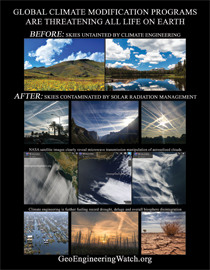
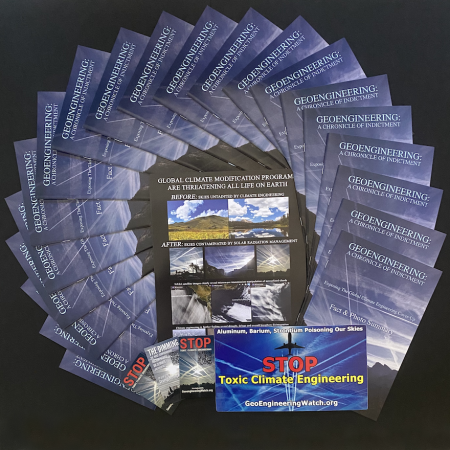





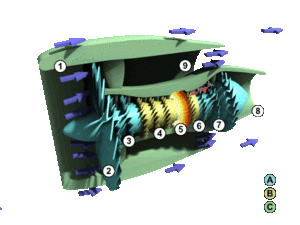
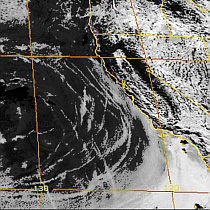



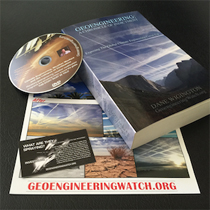

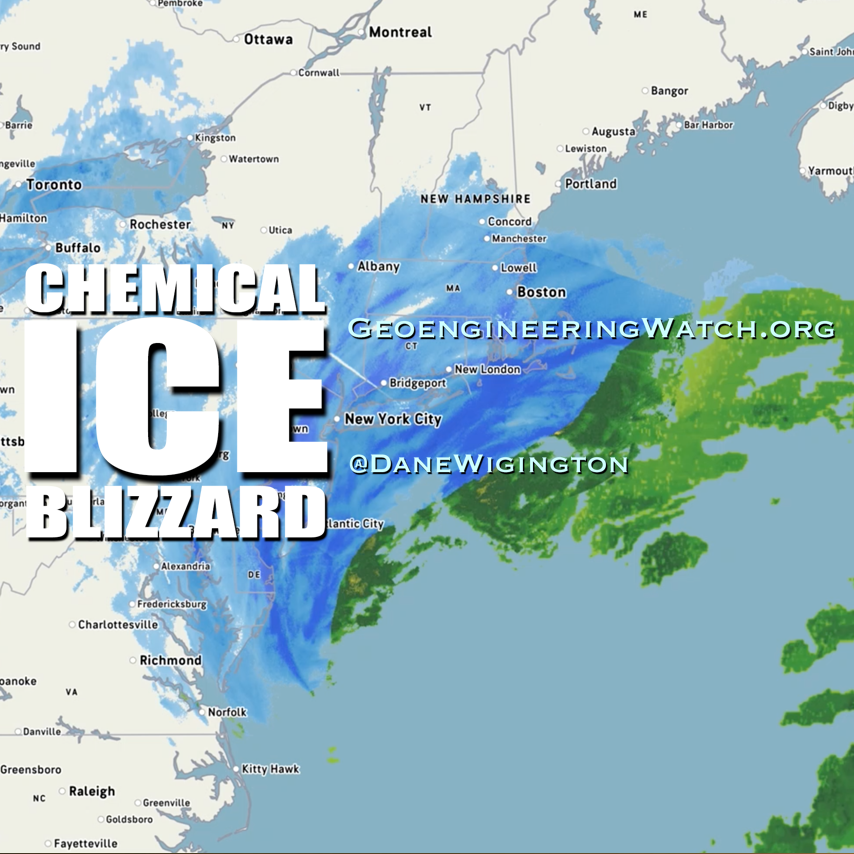




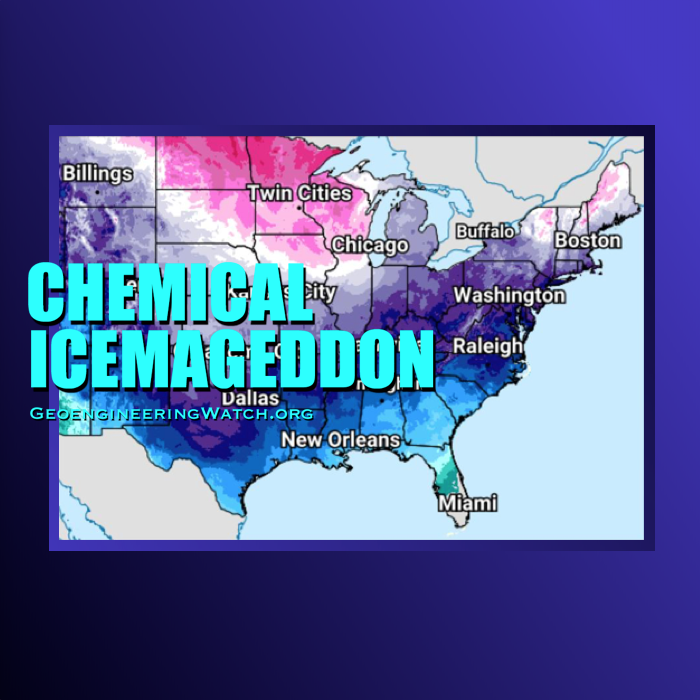
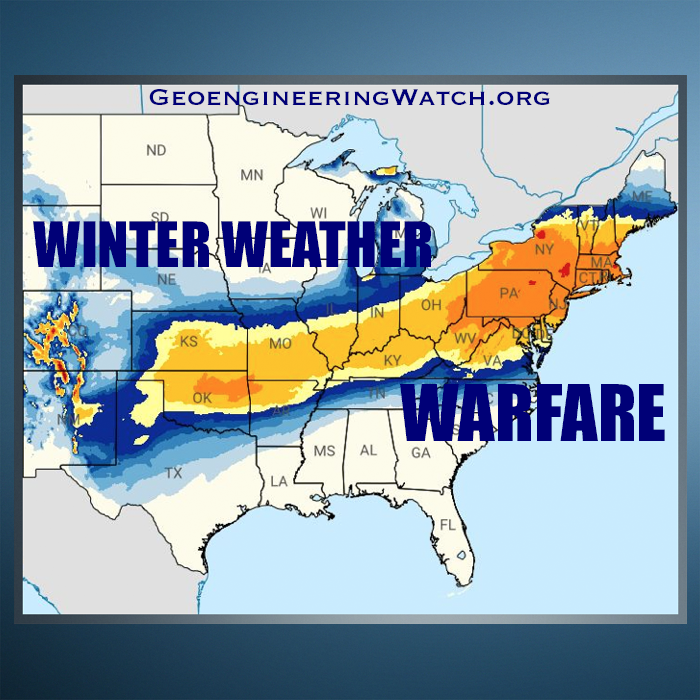



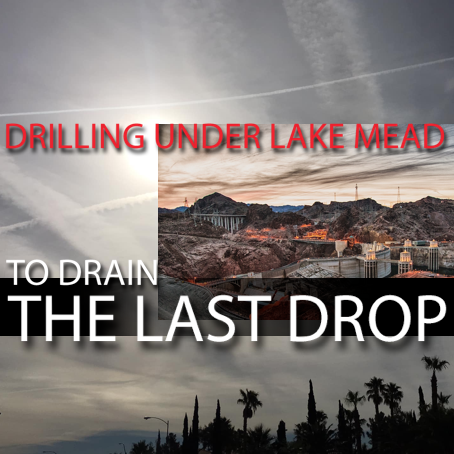







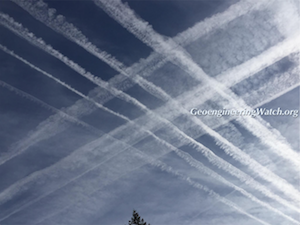


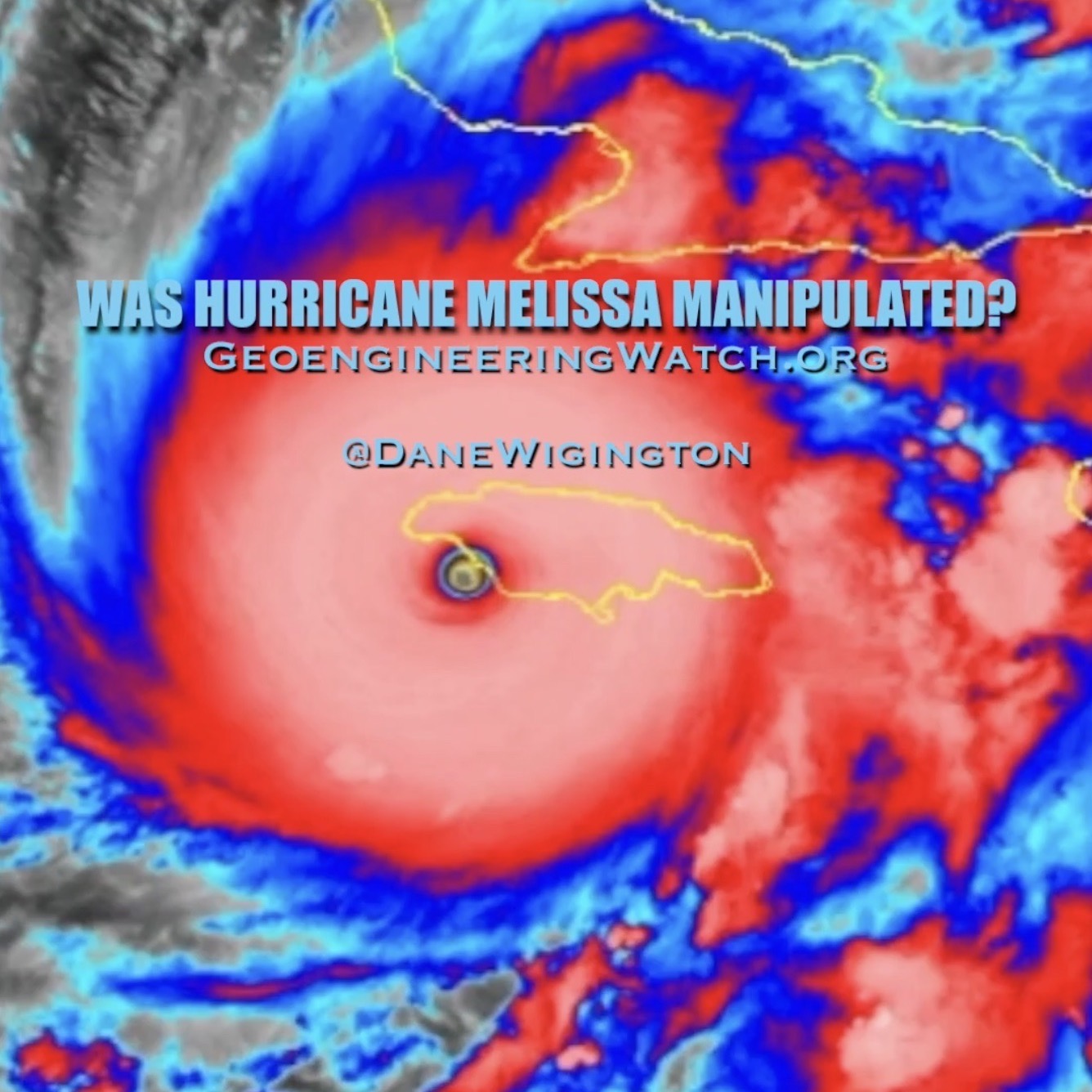

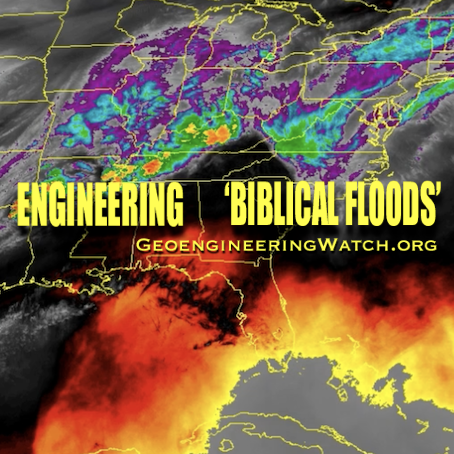



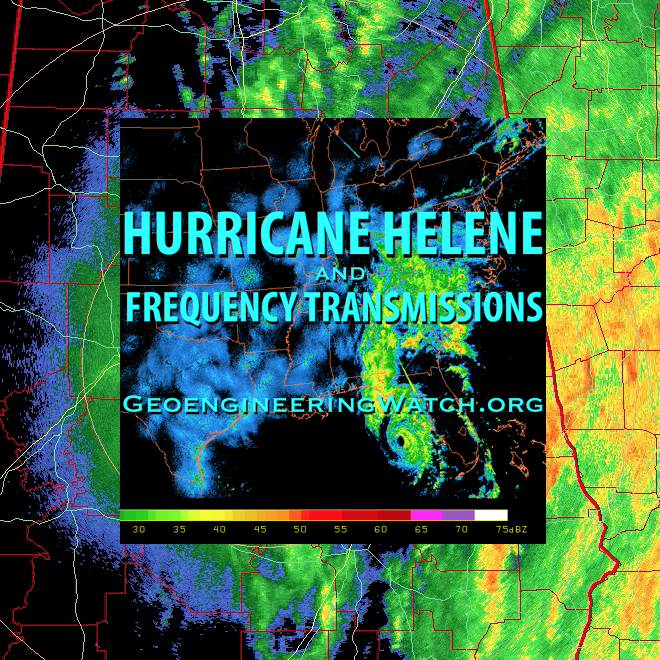
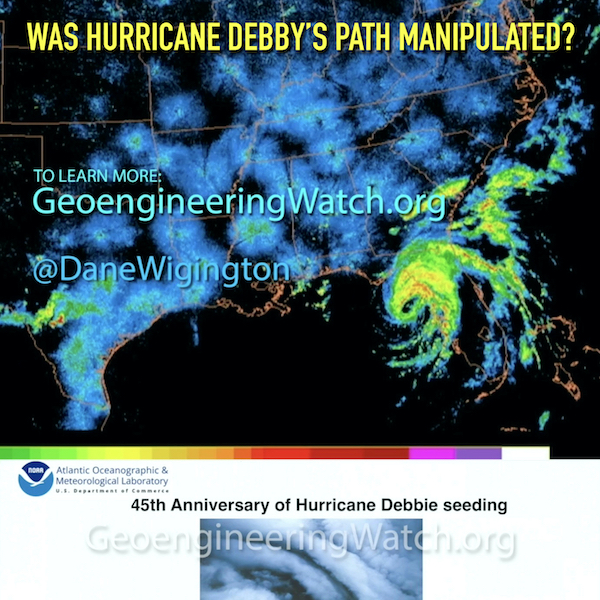










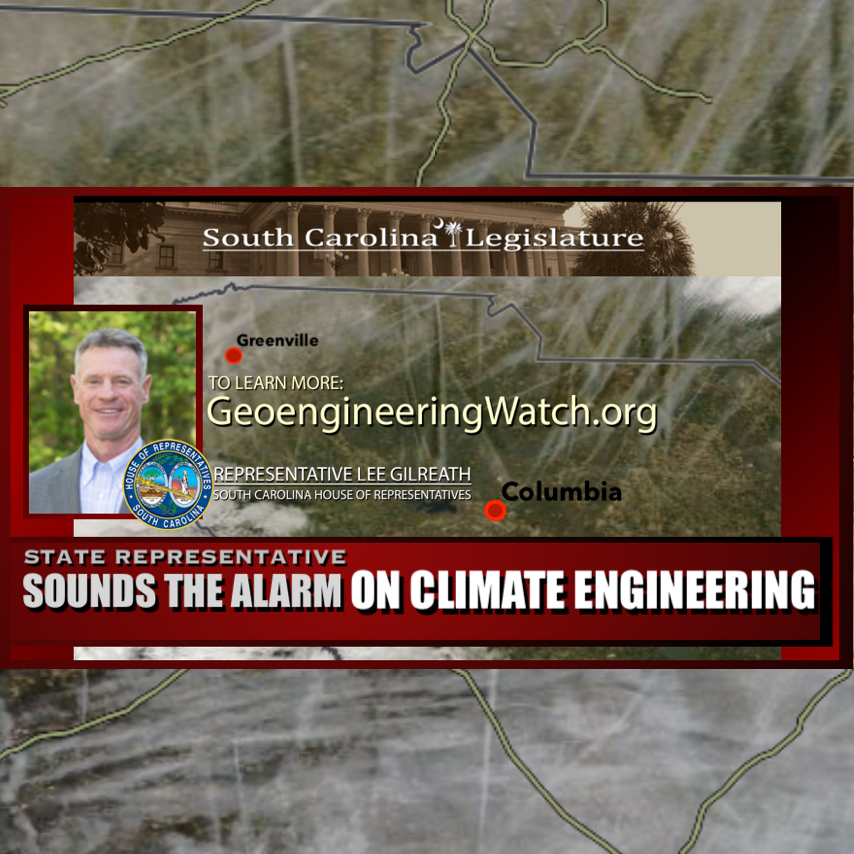
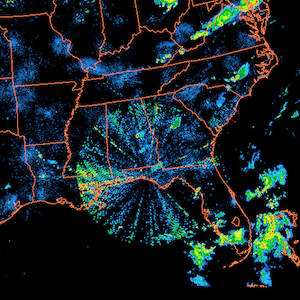












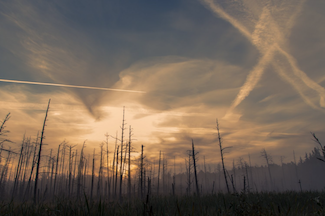




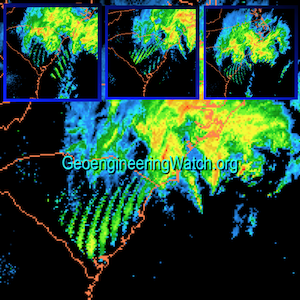










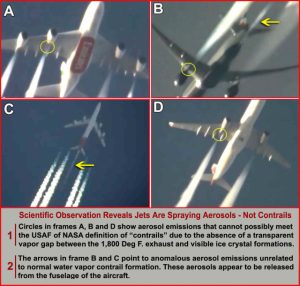
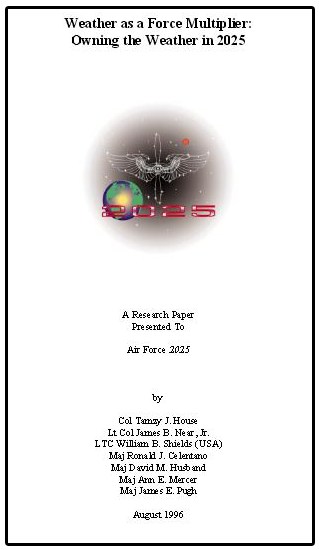
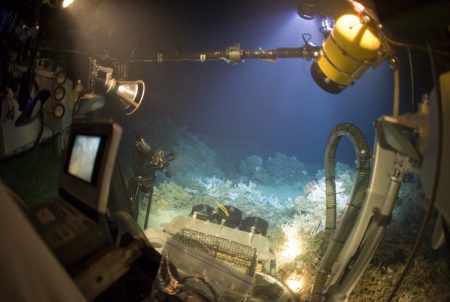


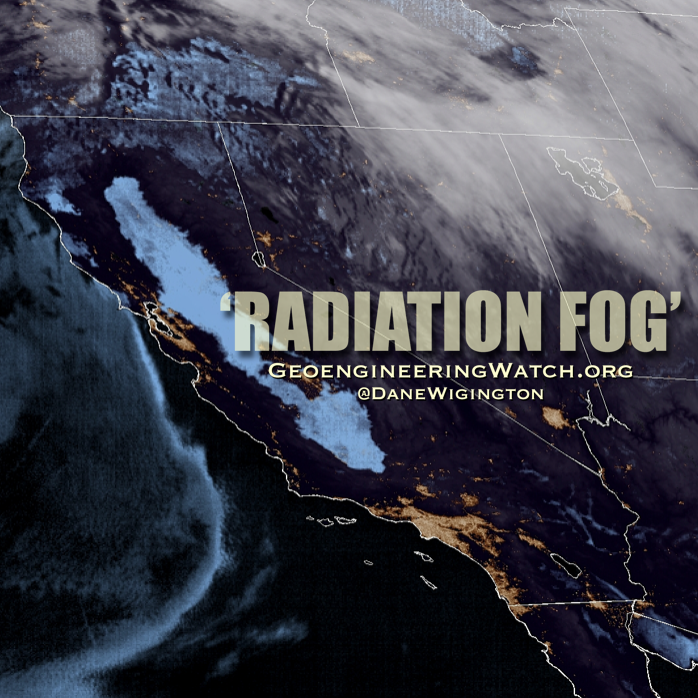
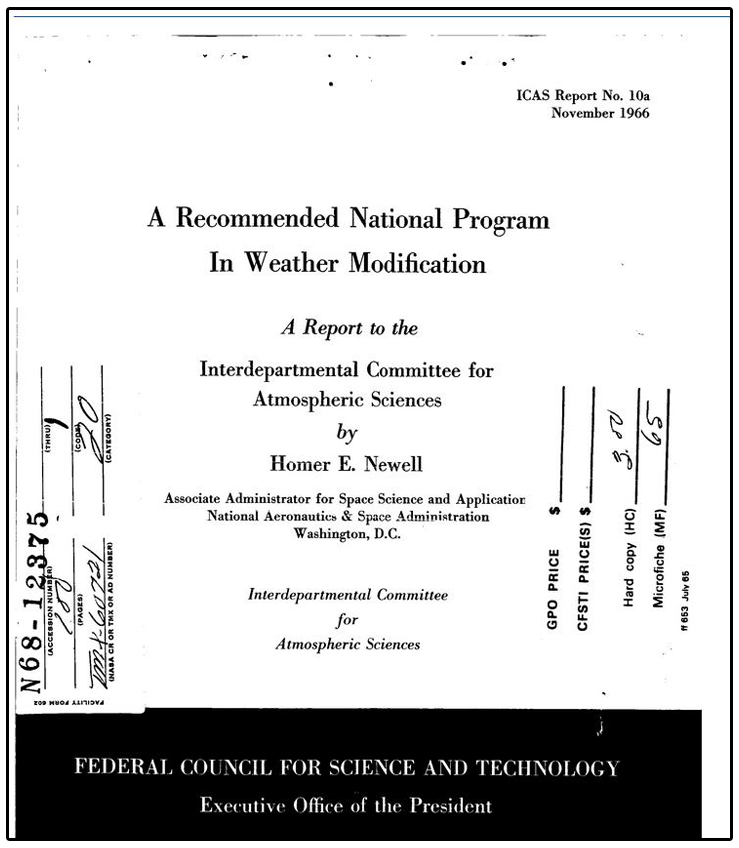







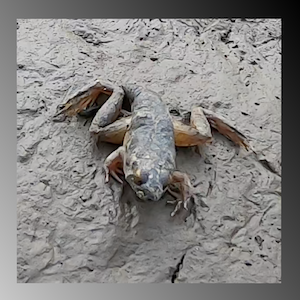











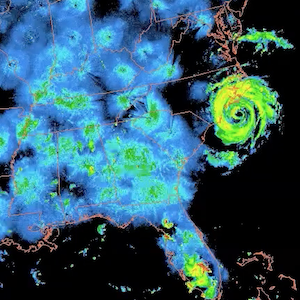













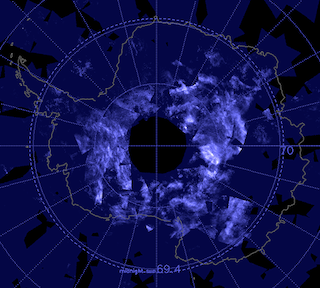









4 Responses
Somebody's got to pay off that 20 trillion we owe. Lets make sure we have a strong economy when we finally run out of food to eat.
Not to worry , all pension plans ,savings in banks just happen to equal the national debt ………
That doesn't surprise me at all. As long as profit is the bottom line and top (if not only) priority, practices like this will continue. The change is not going to come from those money hungry who stand to profit from those operations. It can only come from us, the people who are awaken enough to understand travesty and absurdity of it. Comprehensive analysis of money, its generation, control and ability and certainty to destroy us as a human race (along with everything else that lives), is needed however, to be able to reach that conclusion. The ability very few in today's society possess. Here is a good analysis and publication in a pdf format, by judge Dale, who remains largely anonymous, in fear for his own skin. Take a look:
http://www.stopthecrime.net/docs/THE-GREAT-AMERICAN-ADVENTURE.pdf
Some men make it their life's mission to destroy everything marvelous about this planet. The willfully blind ignorance is horrifying.
At some point, Mother Nature will simply implode, tired of being pillaged in every possibly destructive, short sighted way.
It will take a half a billion years before humans are given yet another chance to hopefully treat earth with the honor she deserves, understanding the need for balance, harmony, empathy and respect.